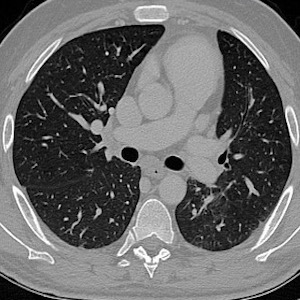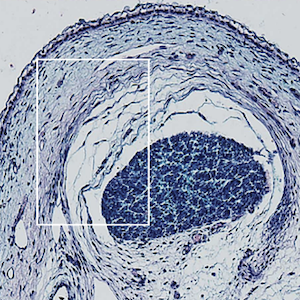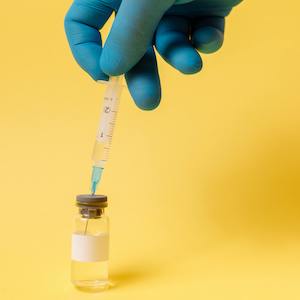Polymyositis following varicella and mumps infection in adults: report of two cases

All claims expressed in this article are solely those of the authors and do not necessarily represent those of their affiliated organizations, or those of the publisher, the editors and the reviewers. Any product that may be evaluated in this article or claim that may be made by its manufacturer is not guaranteed or endorsed by the publisher.
Accepted: 21 August 2023
Authors
Idiopathic immune myopathies (IIMs) are autoimmune diseases caused by immune-mediated muscle damage. The etiology remains unclear. Epidemiological and experimental studies, both in animals and humans, hint at viruses as major environmental factors able to trigger aberrant immune responses through many different mechanisms. However, only a few cases of either dermatomyositis or polymyositis following a specific viral infection have been reported in the literature. The objective of this study is to describe the clinical features and the treatment strategy of 2 cases of polymyositis developing shortly after chickenpox and mumps, respectively, and to review the existing literature on the topic. The clinical records of the 2 patients suspected to have developed inflammatory myositis following a viral infection were reviewed. Their clinical history, main laboratory findings, and treatment outcome are presented here. Moreover, a literature search was performed in the PubMed and MEDLINE databases to identify reports describing the association between viral infections and IIMs in patients aged ≥18. The 2 patients reported here developed polymyositis shortly after chickenpox and mumps, respectively, suggesting a causal role for viruses in triggering autoimmunity. Only a few reports published between 1990 and 2020 were found in the literature, possibly linking infections to myositis development. Intravenous immunoglobulin and rituximab were effective for the treatment of viral-triggered polymyositis.
How to Cite

This work is licensed under a Creative Commons Attribution-NonCommercial 4.0 International License.











